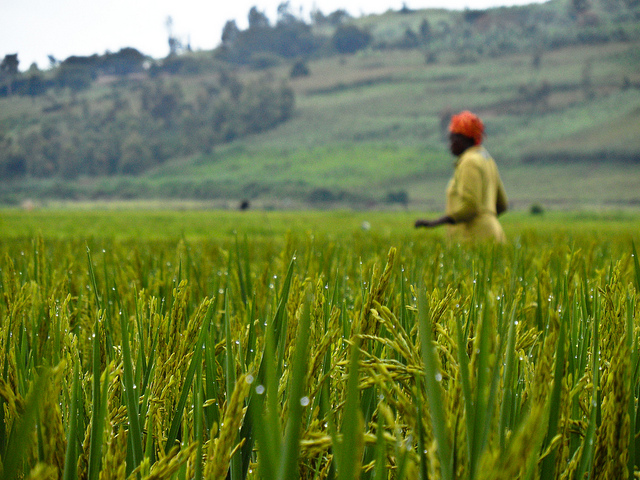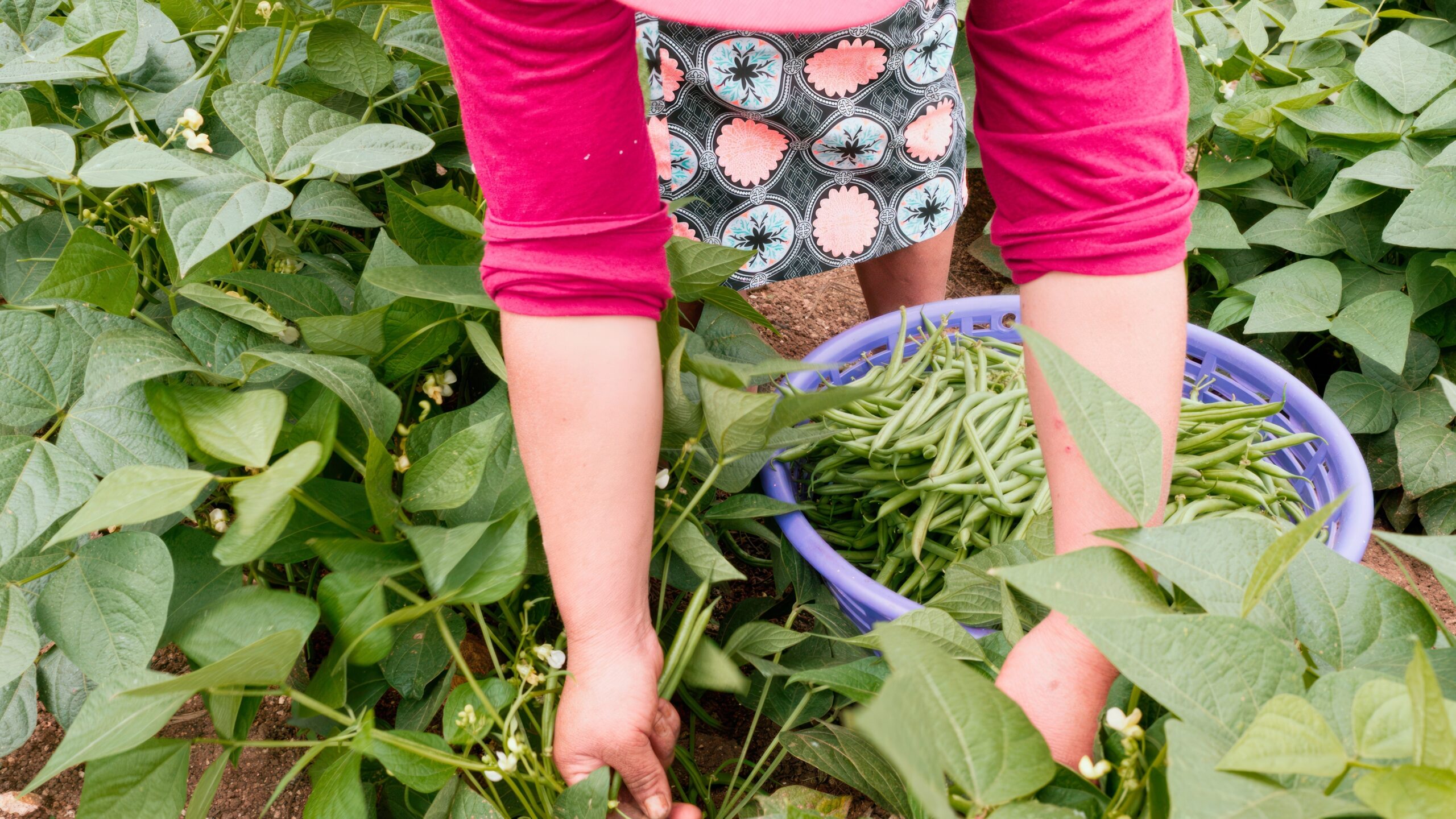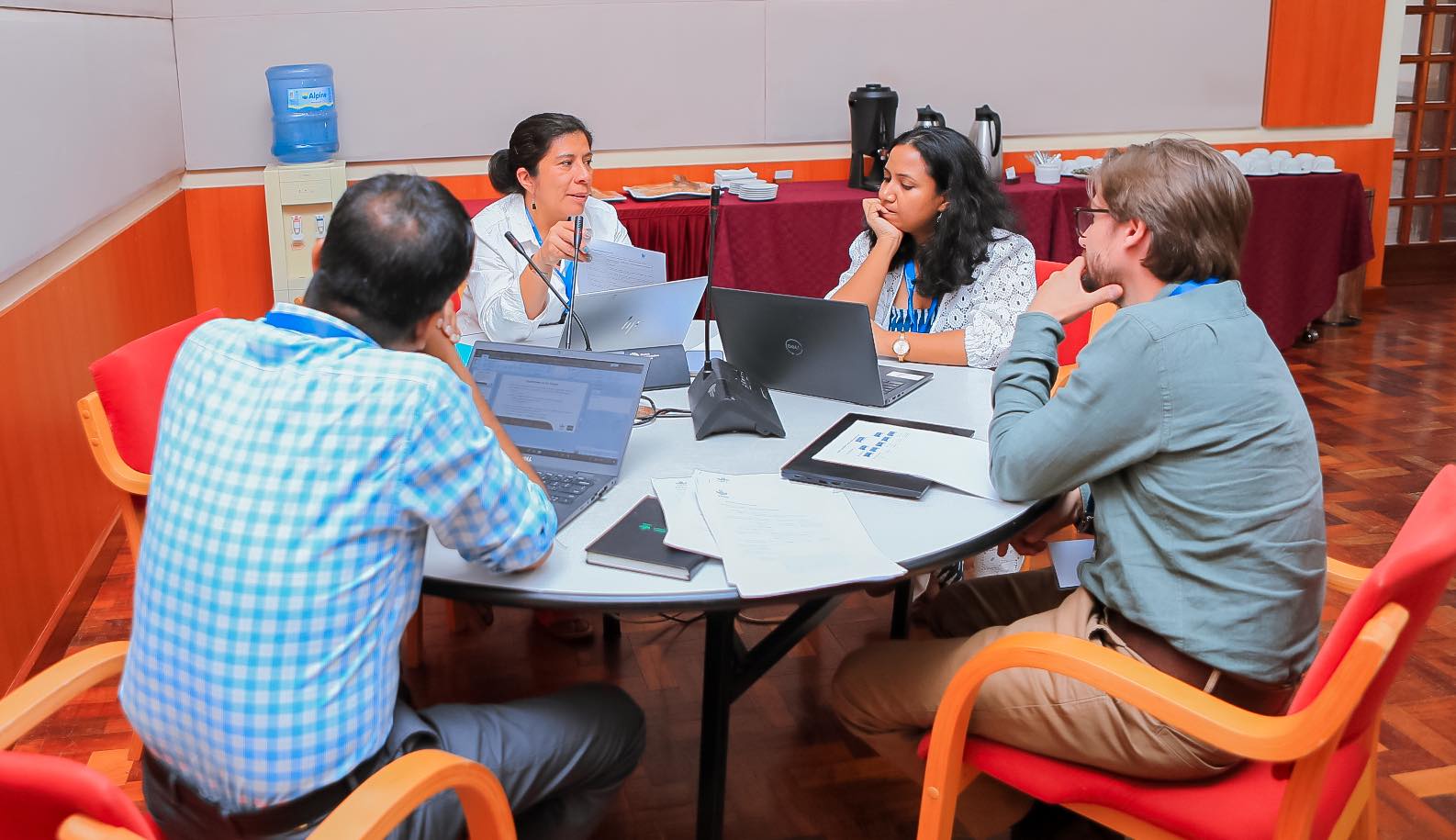This blog story by IFPRI Director General Shenggen Fan was originally posted on The Guardian’s Global Development Professionals Network.
With the deadline for achieving the millennium development goals less than two years away, international attention is shifting toward forming sustainable development goals for the post-2015 agenda. As we move forward, we must not pursue environmental sustainability at the expense of poor people’s food security and nutrition; the agenda must be people-focused. We must adopt a win-win strategy that promotes synergies and manages trade-offs between environmental sustainability, food security and improved nutrition, but this will require concerted efforts.
During the past 20 years, high-profile, environmentally focused events, such as the Rio Earth Summit and its successor the Rio+20 Conference, have generally failed to give adequate attention to food security and nutrition issues within the sustainable development framework. Continuing a silo-based approach to sustainable development will undermine the food security and nutrition of poor people and vulnerable groups.
For example, efforts to curb deforestation and (re)plant forests have the potential to minimise land degradation and mitigate climate change. However, many developing countries are already facing a limited supply of land suitable for agricultural production. As a result, the conversion of agricultural land to forests comes with potentially high costs to the rural poor and marginalised people, at least in the short run, including increased risk of displacement and the loss of a significant source of food and income opportunities.
Eliminating agricultural subsidies in many developed and developing countries can help to reduce the overuse of water and fertiliser and cut down carbon emissions. However, the removal of such subsidies and the incorporation of the environmental costs of agricultural production will cause food prices to increase. This will have negative implications for poor smallholder farmers who are net buyers of food and consumers who already spend a large portion of their income on food.
Rising energy prices in recent years and growing environmental concerns regarding traditional energy sources have resulted in increased demand for biofuels as a source of low-carbon energy (underpinned by government mandates and subsidies). In the coming decade,biofuel production is projected to increase by almost 70%. The expansion of crop-based biofuels has encouraged competition between food and biofuel production as agricultural resources increasingly shift toward crops that serve as biofuel feedstock, contributing to the recent increase in food prices.
Many of these trade-offs between environmental sustainability, food security and nutrition are avoidable. Cross-sectoral benefits must be explored that promote win-win solutions for all.
Increased investment in agricultural research and development should focus on advancing technologies that not only increase yields but save natural resources, emit less carbon, increase food security and improve nutrition. A step in this direction is the ongoing research by the International Rice Research Institute to develop a new rice variety (C4) that can more efficiently convert solar energy through photosynthesis, thereby improving yields and saving scarce resources such as land and water. Biotechnology and biofortification, which add micronutrients to food crops through breeding, can also increase micronutrient intake while decreasing the use of (potentially harmful) inputs such as pesticides and fertilisers. Research should also focus on next-generation biofuels that do not compete with food crops. High-quality and effective delivery and extension channels are needed to strengthen access to these technologies in developing countries, especially among smallholder farmers.
A strong social protection system can assist and compensate poor consumers and producers once the full costs of agricultural production are internalised. Better-targeted, more productive and flexible social protection policies are needed to 1) minimise the possible negative impacts of reducing inefficient subsidies in the short term and 2) offer long-term opportunities for the poor to escape poverty and food insecurity.
Good data and metrics are critical to assess the food security and nutrition implications of natural resource policies, and in turn the natural resource implications of food security and nutrition policies. Fundamentally, we have to move toward metrics that measure the performance of food production and environmental systems in a holistic manner, using indicators such as nutrients per drop of water, hectare of land or kilowatt of energy.
The post-2015 development agenda must work to achieve the goals of environmental sustainability, food security and improved nutrition. A people-focused approach will require concerted action to maximise synergies and minimise trade-offs, but ultimately, it can lead to wins for all – especially poor people and vulnerable groups. We can no longer afford to work in silos if we want to achieve truly sustainable development.







